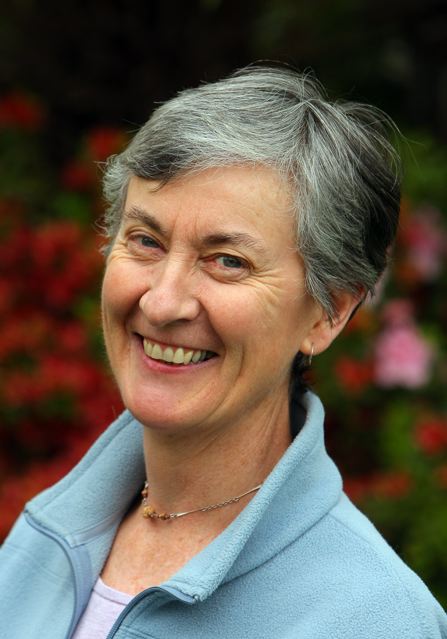Things slip away
January 27th, 2020
When I was a kid, we lived in Launceston and my grandmother and aunts lived in Hobart. So every school holidays we hopped in the car and drove south.
It was a 200 km drive, though we knew it as 120 miles. And in that distance, my father had to stop at least twice to clean the dead insects off the windscreen and radiator grill.
Now you could do the same journey four times over without the same result. Not because windscreen wipers and radiators have become more efficient, but because the insects just aren’t there. And yet kids growing up now don’t see this as at all strange, and it’s only when I remember those long drives that I realise what we’ve lost.
Things slip away and we hardly notice they’re gone.
I’m currently reading an inspiring book called Wilding by Isabella Tree. It’s the story of how she and her husband stopped intensive farming on their 3,500 acres in West Sussex, introduced free-roaming cattle, ponies, pigs and deer as proxies of the large animals like aurochs and elk that once roamed Britain, and let nature do the rest.
One of the things Tree points out is that even if we do realise there has been some sort of ecological loss, we tend to go only as far back as our childhood memories, or the memories of our parents or grandparents. So there’s a moving baseline, and each generation expects less than the one before.
Which reminds me that in 1807 in Hobart, the Reverend Knopwood wrote in his diary, “At 8:00am, I see many whales opposite my house making a great noise … 17 whales counted at the same time.”
According to legend, there were so many whales back then that you could just about walk across the River Derwent on their backs without getting your feet wet. And at night, their songs kept people awake. Nowadays we get excited if we see one or two.
So these rewilding projects are of huge importance, all around the world, to give other species a chance of survival.
According to Tris Allison from BirdLife International, ‘We could easily feed the world’s population and leave room for birds and other wildlife if we were more sensible and reduced our food waste and pesticide use and put the right crops in the right areas.’
The only question is, are humans willing to share?





I live on the East Coast in the US and we used to see squirrels everywhere. I recall scribbling a very worried journal entry about it as a child because they seemed to be very bold (careless?) and I was concerned that they be hit by the cars and bikes they seemed to be playing daredevil with. Yesterday, I saw a lone squirrel – the first one I’ve seen in months.
It’s heartbreaking, isn’t it, when you realise how much things have changed. I think it’s something a lot of us worry about, but don’t know what to do about it.